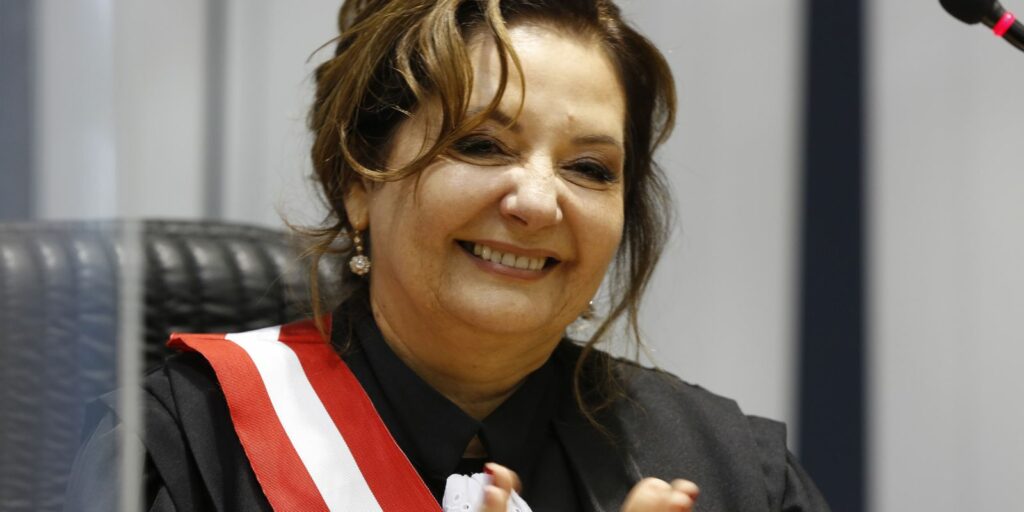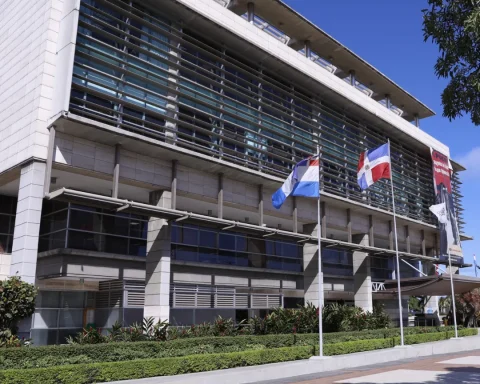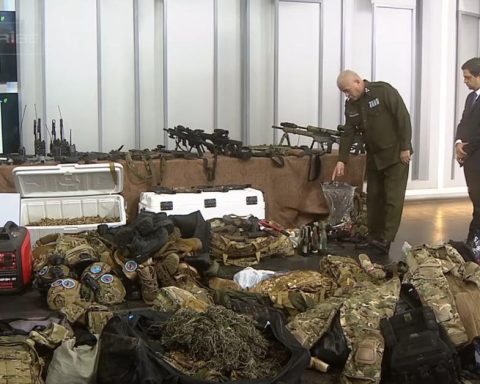The Comptroller General of the Republic (CGR) determined that the audios or screenshots of conversations, messages or images from social networks can be used as evidence and can be presented in an administrative summary, in the context of a harassment complaint investigation. work or sexual
The Comptroller’s Office pointed out that “the investigating prosecutor is empowered to assess the audio or screenshots of conversations, messages or images from social networks, such as those from WhatsApp or Telegram, as one of the elements that can be used on the basis of its conclusions in the fulfillment of its task”. In this sense, according to her Radio Biobíothe control body maintained that “the senders of the messages, audios, participants in conversations or senders of images through social networks cannot have an expectation of confidentiality when sending them, starting them, uploading images or sending them to a third party”.
The foregoing, “even when those actions can be considered, in some cases, as generated or gestated in a context of personal communication.” Thus, “the recipient of those becomes an interested party incumbent on them and can make reasonable use of them, such as delivering them as evidence in a summary proceeding, given that, in addition, they are elements that are suitable and necessary for such purposes”.
The CGR highlighted the rulings of the courts of Justice, where it was established that the WhatsApp records do not constitute illegal evidence when they are delivered in judicial proceedings.
“The aforementioned conclusions are applicable to all disciplinary processes carried out in the bodies of the State Administration, regardless of the statute that governs them,” the agency concluded.


















